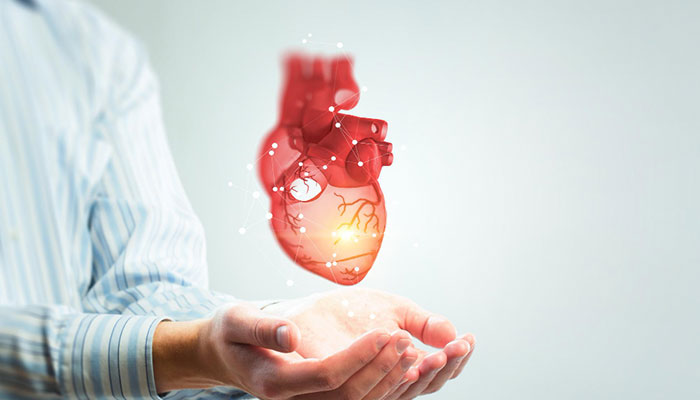Introduction
Dilated Cardiomyopathy (DCM) is a condition in which the heart chambers become enlarged and lose their ability to contract normally. It typically begins in the left ventricle (bottom chamber). As the disease progresses, it may spread to the right ventricle and the atria (top chambers). The enlarged heart chamber becomes weak and contracts abnormally. Eventually, the heart is unable to pump sufficient blood forward, resulting in fluid backing up into the lungs and accumulating in the body.
Signs and Symptoms of Dilated Cardiomyopathy
At the beginning of the disease, there may be no visible signs. However, the symptoms may gradually deteriorate or become more pronounced over time. Common symptoms of DCM include:
- Shortness of breath
- Fatigue
- Reduced ability to be physically active
- Swelling in the legs, ankle, stomach
- Fainting
- Weakness
- Cough
- Abnormal heart rhythms
Causes of Dilated Cardiomyopathy
- Infections
- Autoimmune diseases
- Alcohol abuse
- Thyroid disease
- Diabetes
- High blood pressure
- Heart valve problems
- Nutritional deficiency
- Pregnancy
- Genetic conditions
Understanding Dilated Cardiomyopathy in Ayurveda
Cardiomyopathy is a condition in which the heart muscles become progressively weaker, making it increasingly difficult for them to circulate blood throughout the body. When the condition is long-term, it can lead to heart failure.
Ayurveda uses an umbrella term “Hridroga” for cardiac problems including dilated cardiomyopathy. An imbalance in tridoshas (Vata, Pitha, and Kapha) within the heart muscle leads to impaired cardiac function, whereas a significant disruption of the balance of the tridoshas in the cardiac muscles may cause heart failure.
Treatment and Management
Dilated cardiomyopathy can be treated with drugs (e.g., blood pressure medications or diuretics), or with surgery to implant a device that allows the heart to beat or pump blood throughout the body.
Care offered by SGP’s PSA has been demonstrated to be effective in alleviating symptoms and enhancing the quality of life for patients with dilated cardiomyopathy. The primary focus of care delivered by the PSA is to manage symptoms, address emotional and psychological distress, and improve overall comfort.
FAQs about Dilated Cardiomyopathy
-
Yes. Some babies may have dilated cardiomyopathy from birth due to a metabolic cause or syndrome. It can also be caused by a viral infection such as coxsackie that can occur in utero.
-
Dilated cardiomyopathy is a condition in which the heart muscle is weakened, making it difficult for the heart to pump blood effectively. This impaired cardiac function can also affect the liver, lungs, kidneys, etc.
-
In the majority of cases, dilated cardiomyopathy is a long-term illness, requiring individuals to live with the condition for the remainder of their lives. Medications and various devices can be used to improve cardiac function. There is no definitive cure for dilated cardiomyopathy. However, if a genetic predisposition is present, there is a chance that gene therapy may be beneficial in the long run. With current medications, the level of cardiac functioning may improve to almost the same as before the diagnosis.
-
Dilated cardiomyopathy is most commonly diagnosed in individuals aged between 20 and 60 years; however, it can also occur in children and the elderly.
-
Eating plenty of fruits, vegetables, whole grains, lean meat, and fish can help keep your heart healthy. Also, controlling your sodium intake can help lower swelling in your legs due to fluid build-up.






